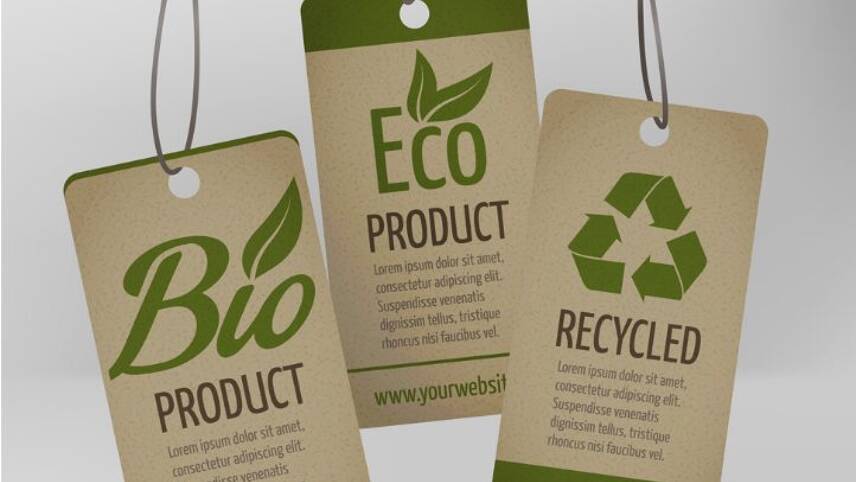Register for free and continue reading
Join our growing army of changemakers and get unlimited access to our premium content

These recommendations have been sent to Business Secretary Kwasi Kwarteng in an open letter this week, after he requested them following the publication of the CMA’s Green Claims Code last May.
While the Code provides consumer-facing businesses with recommendations on avoiding greenwashing, it is not legally binding. Businesses flouting the Code will, however, see the CMA considering whether they are infringing on UK consumer protection law.
Some of the recommendations presented to Kwarteng by the CMA would add more legal ‘teeth’ to the UK’s emerging efforts to combat greenwashing.
The CMA is recommending that the Government introduces legislative definitions for some of the sustainability terms that are most commonly used on products and packaging – but which consumers find the most confusing. Such terms include ‘carbon-neutral’, ‘recycled’, ‘recyclable’, ‘biodegradable’ and ‘compostable’.
“Consistent” information, the CMA is arguing, is important to ensure that consumers are properly informed. “Complete and accurate environmental claims are extremely important for enabling consumers to make sustainable choices, and in turn have a wide impact on sustainability and net-zero goals,” its statement reads.
Also recommended are measures to enable and normalise stronger action to be taken against brands that breach consumer laws by greenwashing.
Changing consumption patterns
As well as looking at how products are marketed and how sustainability-related information is disclosed, the CMA was also asked to assess whether businesses should be required to change product design.
The CMA stops short of recommending that all product and packaging design needs to be compliant with net-zero.
However, it calls on the Government to “expressly prohibit planned obsolescence”. In other words, businesses should be banned from designing, manufacturing and marketing products that are designed to stop working after a certain amount of time, and should be required to offer support for repairs.
The CMA has welcomed the UK’s so-called ‘right to repair’ law for dishwashers, washing machines, washer-dryers, dryers, fridges, freezers, televisions and “other electronic displays”. It is calling on the Government to replicate this approach for other product categories. For example, when the law came into force last July, it was widely questioned for its exclusion on laptops, tablets and smartphones.
Nonetheless, there are no recommendations, at this stage, for legislative changes designed to prevent overconsumption. The CMA has stated that ‘buy now, pay later’ schemes and offers in which customers receive a free item with their purchase will continue to be legal.
Business collaboration
Also detailed in the CMA’s letter is evidence that some businesses are hesitant to collaborate on sustainability-related projects because they are concerned that they may break the law.
A major perceived barrier is the fact that, for a collaborative agreement to be exempt from competition law, customers must receive a ‘fair share’ of the resulting benefits. Benefits may be passed on, for example, in the form of lower prices or better goods and services.
The CMA’s letter states that, while there is a swathe of private sector collaborations underway that pool resources, influence and/or expertise on environmental issues, the Government could better communicate that it supports this approach.
The Authority will, therefore, publish its own guidance on when sustainability agreements will not restrict competition in the coming months. It will also provide guidance on quantifying a ‘fair share’ of benefits for consumers.
Sarah George


Please login or Register to leave a comment.